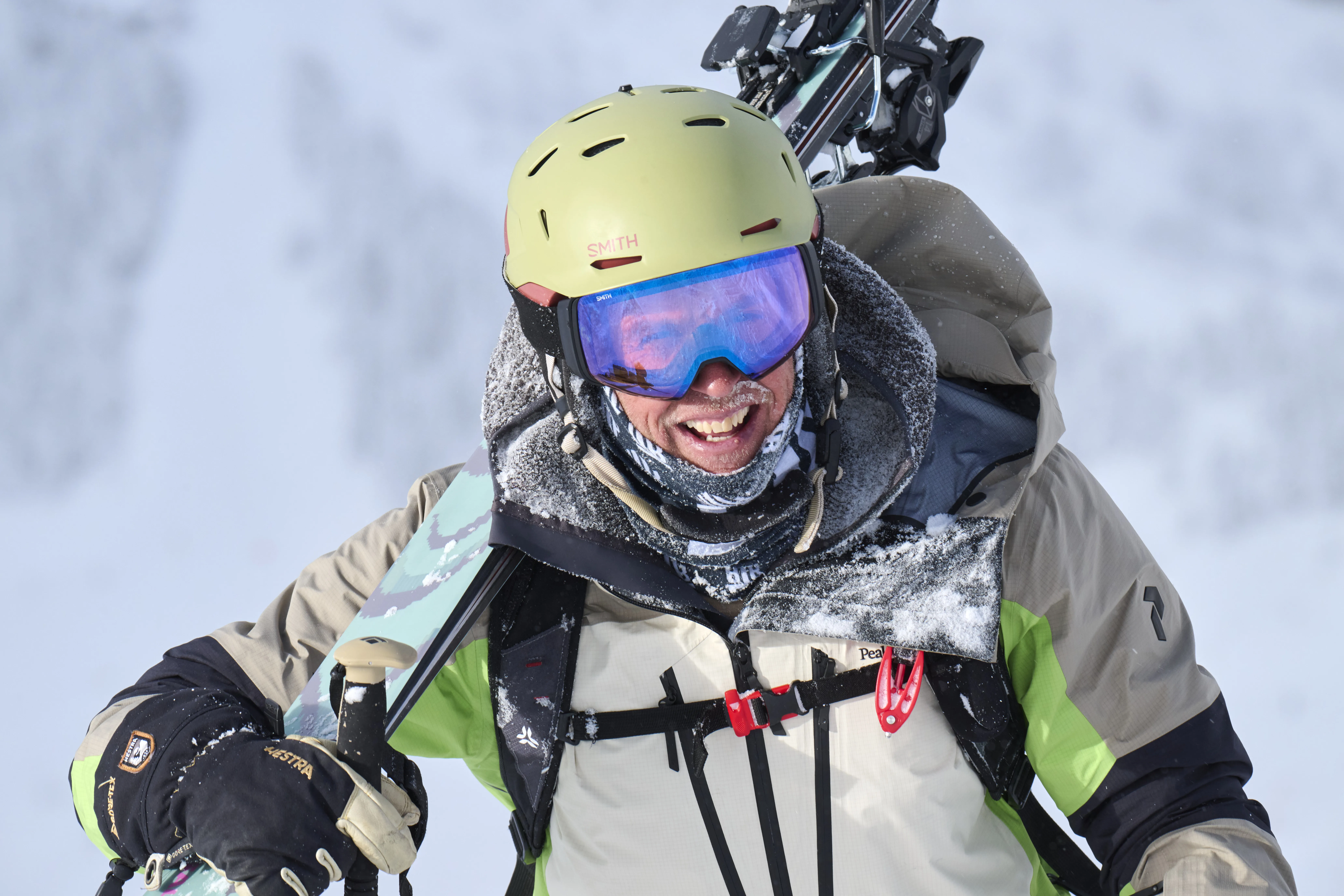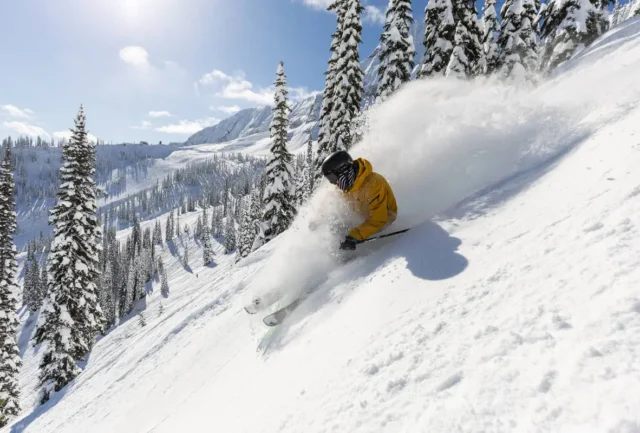In mid-May 2025, the UK and EU jointly announced an agreement on various aspects of trade, defence, migration, and a number of other areas, evolving the UK’s relationship with the bloc following its departure in 2021.
Of particular note was the floating of a youth mobility scheme, something that has been gaining traction in the media in recent months. Seasonal Businesses in Travel (SBiT), a lobbying and support organisation for the outbound winter tourism industry in the UK, has seen this aspect as key to restoring the “traditional” ski season, and has made this a lobbying priority recently.
Amongst the fine print, however, there is further good news for British skiers in the acceptance of UK passports at e-gates, as well as a mutual acceptance of qualifications that could be good news for ski instructors training in the UK.
There is some bad news, however; much of this is included in a joint statement of “common understanding”, with very little currently set in stone and many of the details to be worked out later. It remains, however, a positive step forward for UK skiers.
Youth Mobility Scheme
The new deal allows both sides to, for the first time, properly explore a “youth mobility scheme” for nationals from both sides to live and work temporarily in each other’s states.
Similar schemes already exist for young people from the UK to travel to, live, and work in Australia, New Zealand and Canada. Several thousand make the journey each year to live there for up to two years with a freedom to work – or not work – as much as they want during this period. Many of the staff of many major Canadian ski resorts are Brits, Kiwis and Aussies travelling and working on these visas.
The current Labour government has until very recently been incredibly cold on the idea, ruling it out as an option in the last couple of months based on feedback received by SBiT, in contrast to French authorities who have been more receptive to the idea.
As with many features noted here, the details are still to be worked out and it will be some time before this overcomes the various hurdles needed to take effect.
Passport E-Gates
We’ve all been there. Stepping off the plane at Geneva alongside seemingly every other passenger from outside the Schengen Area that day, to be stuck at the back of the queue for passport control for, at minimum, 90 minutes, texts from transfer drivers getting angrier and angrier and our luggage getting lonelier and lonelier on the carousel.
This agreement should, hopefully, massively speed up passport control for those travelling under a British passport into the Schengen Area – a passport-free travel zone made up of almost all EU and EEA states, and Switzerland.
Here’s the catch – many EU states already allow e-gate use for UK passports, alongside a small handful of “third nation” passports including the USA, New Zealand, Australia and Israel. This is not available at all border controls, however, with Germany and Italy seeming to favour them over other European nations.
Switzerland – of course home to Geneva and Geneva Airport – has not yet rolled out e-gate use for UK nationals. Furthermore, this will only take effect once the new Entry/Exit System (EES) is rolled out, a process that aims to automate passport control for all travellers. The time savings could therefore be minimal but, considering EES has been delayed time and again since about 2021 it is beyond anyone’s guess whether they’ll hit their latest October 2025 launch date – don’t be surprised if you queue once more at Geneva this winter …
Mutual Recognition of Qualifications
This is a really interesting one that has slipped under the radar of many both within and without the industry. When the UK left the European Union, certain qualifications retained mutual recognition by the EU and UK – but not ski instructor qualifications.
In theory, instructor qualifications are standardised across the EU, with one country’s Level 2 being treated the same as any others. The fact that the French have retained their notoriously tyrannical system effectively barring people from instructing until they hit Level 4 has not gone amiss, but court orders and judicial decisions have been met by a simple gallic shrug at every turn.
BASI – the British Association of Snowsports Instructors – has been hit hard, losing mutual acceptance of its qualifications in its biggest operating environment. Many top-level instructors now choose to switch to Irish qualifications (yes they exist) or ISIA, an international standard of ski instruction that is more widely accepted.
The sands have shifted in recent years, with BASI signing mutual acceptance agreements with their Austrian and Italian counterparts this past season. Again, the fine print is still to be worked out, and there is currently no indication that this will definitely be included, but it marks a serious step in the right direction for the future of British ski instruction.








